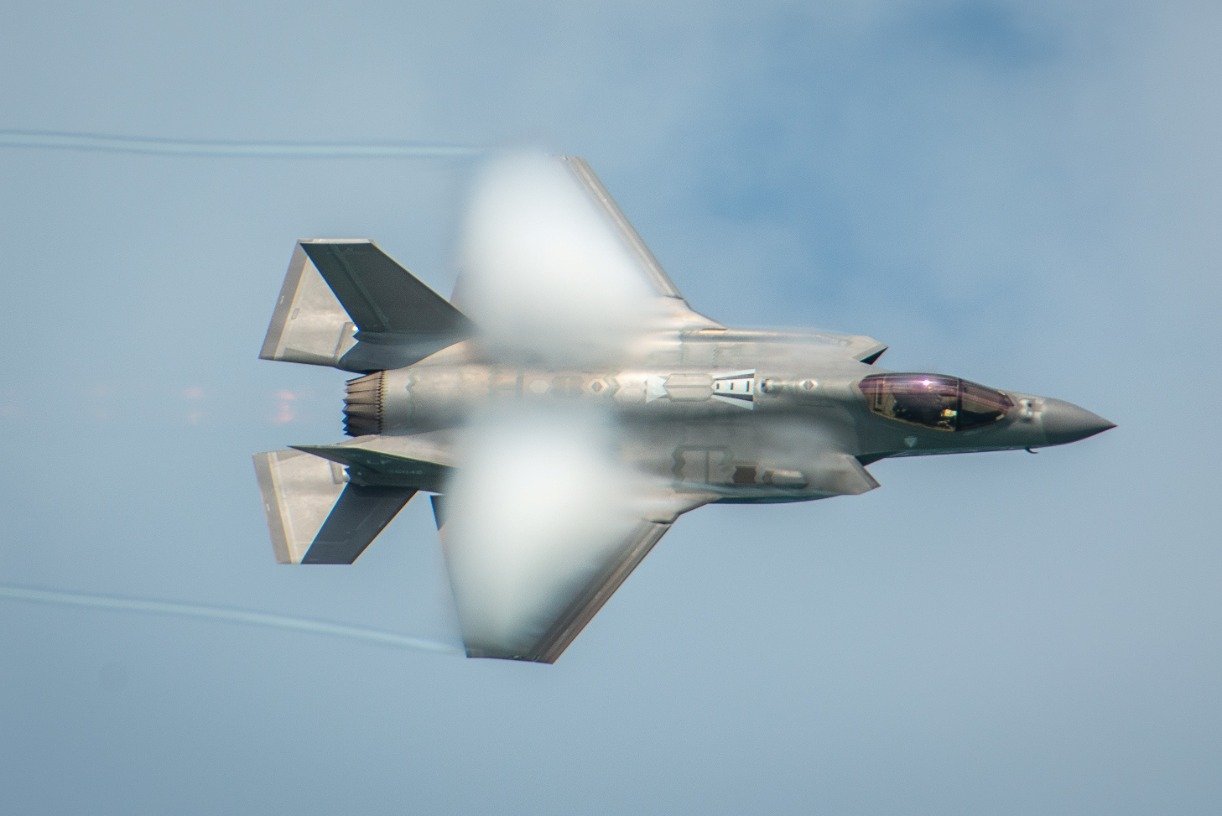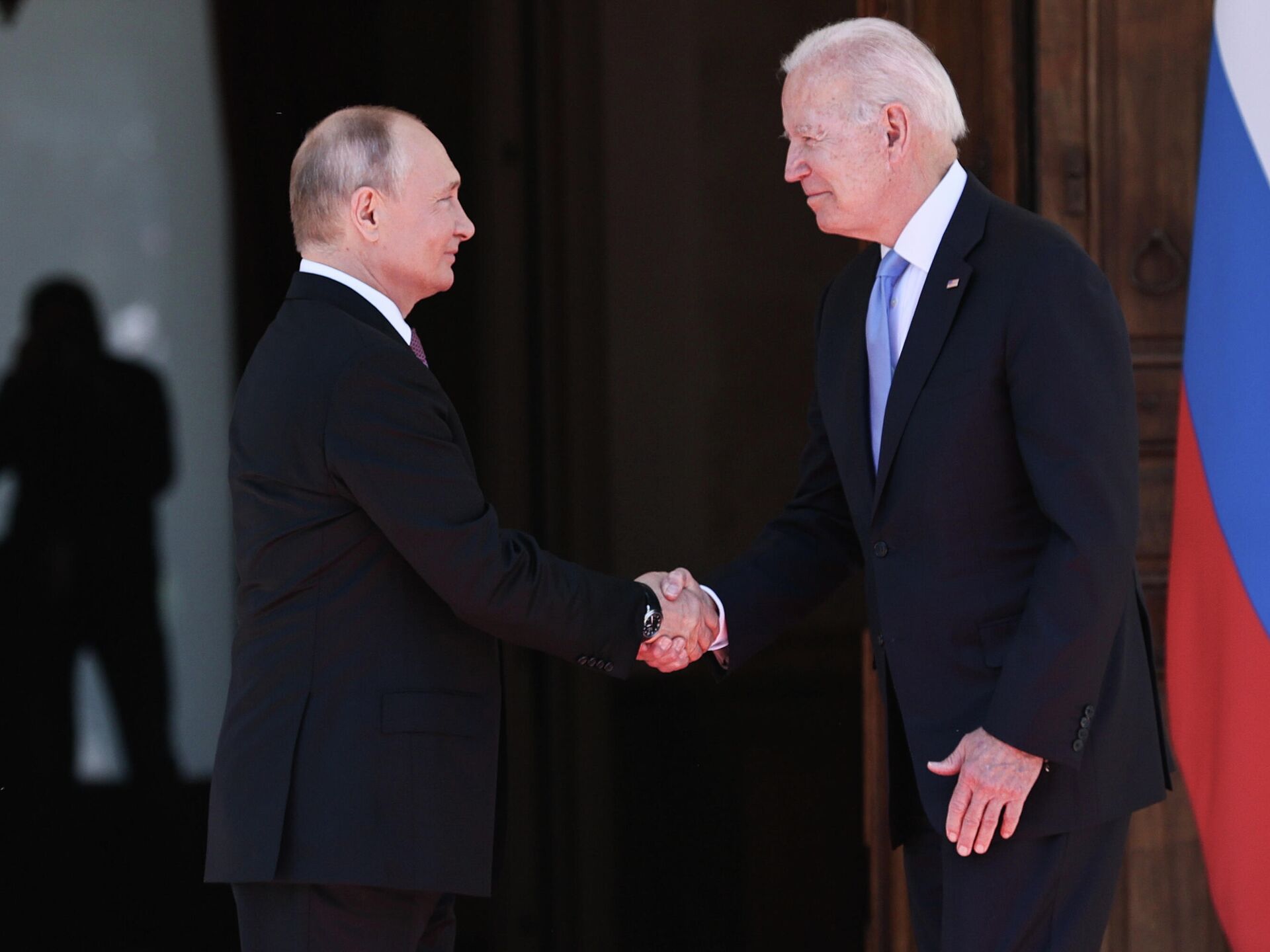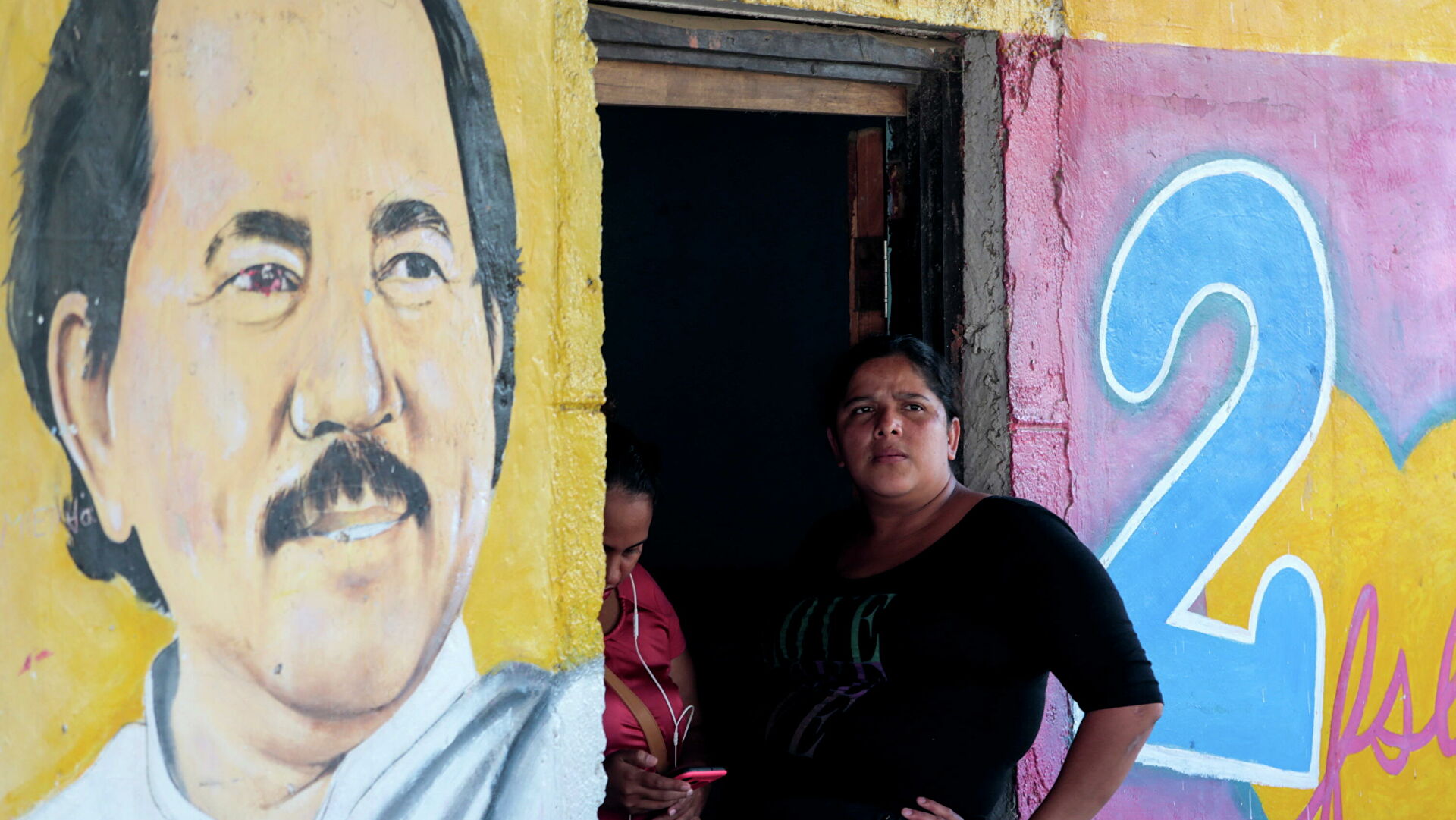Henry Foy in Warsaw and Christian Oliver in Brussels
.
When European leaders pleaded with Vladimir Putin to end the conflict in Ukraine at a conference in Milan last October, Czech President Milos Zeman was conspicuously absent.
While German Chancellor Angela Merkel and French President François Hollande battled in vain to win round the Russian president, Mr Zeman was settled in a plush armchair having a cosy chat over cigarettes and coffee with Russian foreign minister Sergei Lavrov.
For officials in Prague, Mr Zeman’s vanishing act in Milan highlighted their fears that the president has gone rogue. Contrary to the Czech Republic’s foreign policy, Mr Zeman has condemned sanctions against Russia, dismissed the Ukrainian conflict as a "civil war” and counts an ex-KGB officer blacklisted by the US as a close friend and confidant.
His behaviour has provoked a war between the Czech foreign ministry and Prague Castle, the imposing seat of the presidency, undermining the country’s foreign policy as EU leaders call for unity in an effort to end the conflict in Ukraine.
The diplomatic faultlines around Mr Zeman highlight a broader fragility inside the EU, where many observers argue that the Kremlin is seeking to undermine solidarity on sanctions against Moscow among its former central European vassals through divide-and-rule tactics.
The president’s outbursts also contradict the position of Bohuslav Sobotka, the prime minister, who has been supportive of measures to put pressure on Moscow.
"Image-wise this is a problem. He is completely overboard, and it gets reported as the Czech position,” said one senior official in the Czech foreign ministry.
Mr Zeman insists that he supports the government’s policies. In a statement, Prague Castle said: "The foreign policy of Mr President is in full accord with that of the government . . . The standpoint of Mr President differs neither from the approach of the French president nor the German chancellor, I refer to their latest initiative aiming at ceasing [fighting] in Ukraine.”
A former prime minister from the centre left social democrat party, Mr Zeman is a shrewd populist who is well-liked by the Czech electorate for his willingness to speak his mind. After stepping down from the premiership in 2002, he spent a decade out of office during which became close to two businessmen with strong ties to Moscow who some claim have influenced his pro-Russian leanings.
Martin Nejedly, head of Russian oil and gas company Lukoil’s main subsidiary in the Czech Republic, and Miroslav Slouf, a lobbyist who brokered the deal for Lukoil to supply Bratislava airport with fuel, were the primary financiers of the Strana Práv Občanů party that Mr Zeman created as a platform for his presidential campaign. The two men were part of his presidential campaign team and remain part of his close circle of advisers, according to local media reports.
The president has criticised Ukrainian prime minister Arseniy Yatseniuk as a "war premier”, and has suggested Ukraine should undergo a process of "Finlandisation” and placate Moscow politically, much as Finland is accused of doing during the cold war.
In September, Mr Zeman gave a 17-minute speech in fluent Russian denouncing EU and US sanctions against Moscow, and referring to the war in eastern Ukraine as a bout of "flu”, and on Sunday predicted that sanctions on Russia would likely be dropped within a year.
Compounding the embarrassment for Czech diplomats tasked with explaining his comments to startled allies, Mr Zeman was speaking at an event organised by Vladmir Yakunin, a former KGB agent and president of Russian Railways.
Mr Yakunin, who Mr Zeman refers to as his "long-time friend”, is on the US sanctions list but was back in Prague last month to speak at a holocaust memorial event hosted by the president.
A Czech diplomat, who declined to be identified as he was not permitted to speak to the media, explained that a US official had recently told him: "We are ignoring [Zeman] so far, as long as his words do not become fodder for Russian propaganda.”
Mr Sobotka initially played down Mr Zeman’s statements as personal opinions but in recent months has attacked his comments in public and acknowledged that a failure to co-ordinate their statements risks alienating the country’s EU and Nato allies.
Officials in Prague insist that measures have been adopted to restrict the flow of sensitive information to the castle.
But for some foreign ministry officials, Mr Zeman is simply carrying on where his predecessor Václav Klaus left off. Mr Klaus, whom Mr Zeman replaced in 2013, was an outspoken eurosceptic and an admirer of Mr Putin’s Russia.
"It has become something of a Czech tradition to have a crazy man in the castle,” said one Czech diplomat.



_jpg/250px-ElbeDay1945_(NARA_ww2-121).jpg)









